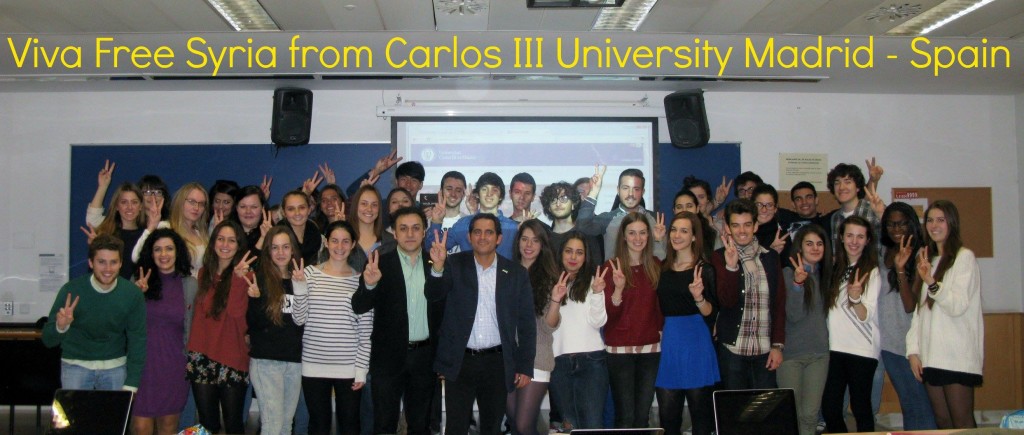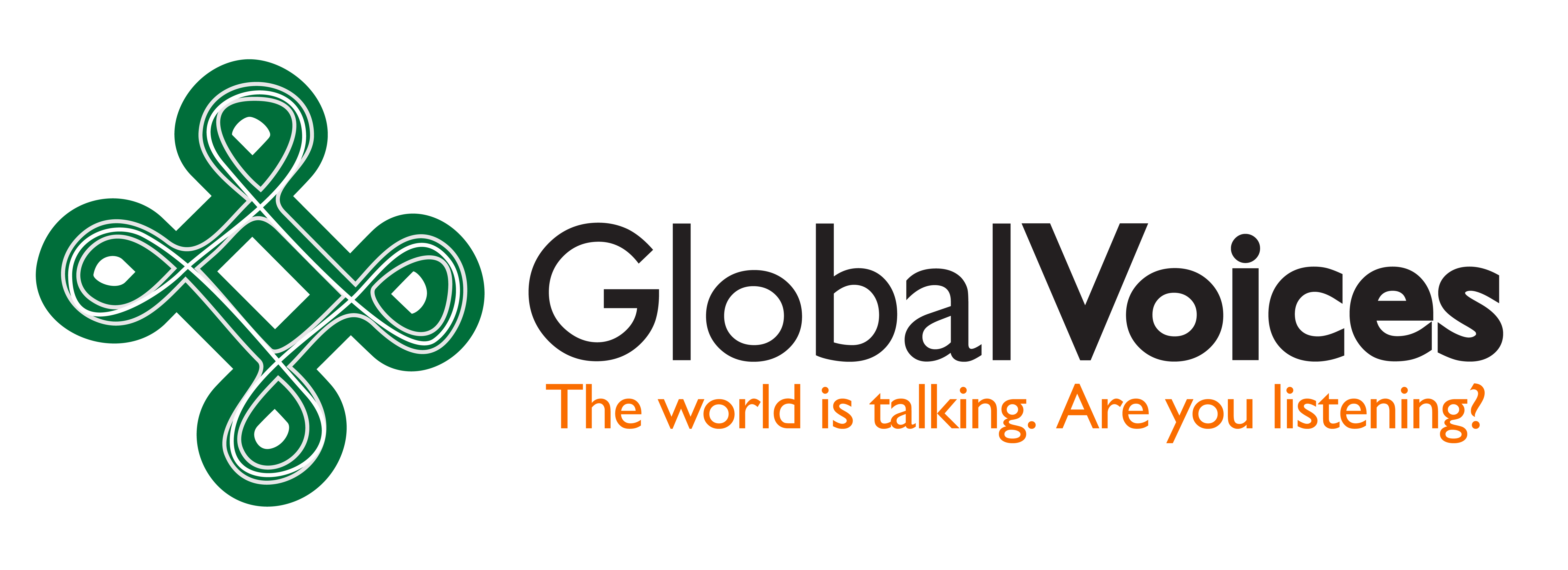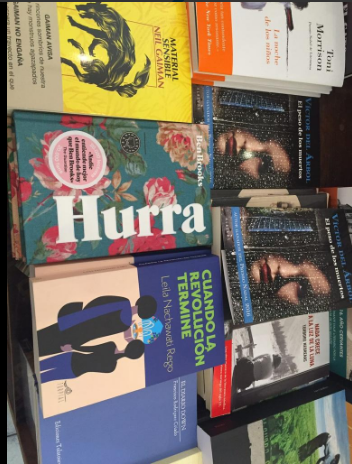
Syrian artists Malek Jandali and Mohammad al-Siadi during their visit to our Online Communication and Citizen Participation class. Madrid, April 2014
It is that time of the year again, and it comes with a sweet and sour feeling. I am happy I will have some much needed extra time, now that deadlines are approaching, but I am sure going to miss my noisy Online Communication and Citizen Participation class, at Carlos III University.
It sure was noisy. One of the memories I will take with me from this semester was the image of half of the students (mostly the Spanish ones) catching up after a long weekend, shouting loudly from one end of the class to the other, while the other half (mostly our Erasmus students) covered their ears with both hands, in horror.
The combination of local and international students was actually one of the most enriching aspects of the class, I feel privileged to have had such a diverse group, from which I have learnt so much. Here is a list of things I have learnt:
- Spanish students are louder than most students
- The class is colloquially called COPACIU (and I had to read the blog posts to find out!)
- This new generation that some call millennials is very audience-oriented, very aware of the need to engage the readers and connect with others. I have seen this once and again through their posts
- Visitors and real-life interactions are always exciting
- Students like to change seats and meet new people, but they don’t like to admit it
- The trend that says that Spanish people don’t speak English is changing
- There is no reason to be nostalgic about the past, or depressed about the future
Finally, I will like to highlight the answers to our last #iNetizen assignment, which consisted on answering the following question posed by PEN on twitter to celebrate World Press Freedom Day: What is Freedom of Expression? #FreedomofExpressionIs…
Free expression is a feeling of security. Is the right to safely proclaim any thought without fearing consequences.
Free expression is… the foundation of a fair and uncensored journalism.
Free expression is art, made to be shared and contemplated.
Freedom of expression is the door to real life, full of culture, widespread ideas and equal rights. The life we dream of.
Freedom of expression is being allowed to create a better world.
Freedom of expression is love for humanity.
Freedom of expression is what differentiates us from being just a large herd of sheep.
Free expression is…a utopia we’ll hopefully reach soon.
Free expression is to share our most hidden beliefs and thoughts without fear.
Freedom of expression is to say what others don’t want you to say.
Freedom of expression is the voice of the oppressed people.
Freedom of expression is having the ability to speak freely: something that is not valued until it is taken away.
The Internet opens up new possibilities to seek information and ideas. However, it is also where free speech is being challenged.
I still believe in freedom of speech because not believing in it is already letting them win.
Free speech is the right to manifest your thoughts and desires without interfering with others’s self-expression
And one last sentence from one great student:
If I had to come up with a word to define this class, it would be eye-opener. Until January I didn’t know about all the online and offline activism campaigns and all the different ways the government and those who are in power use our information (information that we’ve pretty much freely but not consciously handed to them). I’ve also learned to question things that I previously was taking for granted, such as free access to the Internet, that some government deny their citizens. It’s like I lived in a bubble and this class has been the needle that pinched it.



Leave a Reply